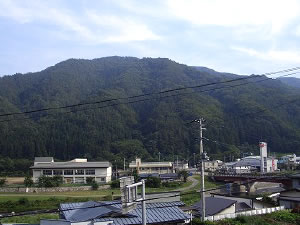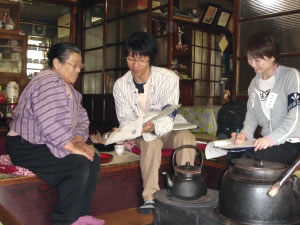Aging in Place with ICT <CategoryII>
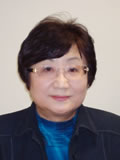
Project Director : Akiko OGAWA
Professor, Iwate Prefectural University
(Length:3years)
Project goals
① An interdisciplinary research group will use scientific methods for hypothesis testing and
② Carry out a demonstration experiment in an interdisciplinary system to
③ Develop an information flow and a community support system that can respond to changes in the physical or mental conditions of senior citizens and provide lifestyle support such as assistance with shopping, and
④ Leave sustainable results after completion of the demonstration experiment.
Project overview
Population decline and aging in Iwate Prefecture are remarkable even for Japan. Social isolation of senior citizens is an increasingly complex problem. Against this background, Iwate Prefectural University is carrying out practical research in conjunction with Iwate Prefecture on a system that uses information and communications technology (ICT) to confirm the safety of senior citizens. Its effectiveness is being verified.
This project is based on such as system. Senior citizens will be provided with household telephones ion which they can press an "I want to talk" button 24 hours a day, 365 days a year. By organizing mutual support functions in the community, an information flow that enables responses to changes in the physical or mental conditions of senior citizens and provides community lifestyle support for shopping, going out, and so will be developed. Its effectiveness will be verified, and sustainable frameworks will be left in the community. In addition to the watch centers that municipal social welfare councils have already started, sub-centers will be placed in accordance with community characteristics in locations such as social welfare facilities, student volunteer centers, and housing complex custodian's offices. They will work to share safety check information from emergency calls, sensors, and so on in order to carefully watch over seniors and match them with necessary lifestyle resources.
An interdisciplinary research system centered on Iwate Prefectural University and an interdisciplinary study system of governments and diverse other local participants will be constructed, and a demonstration experiment will be carried out in four fields in the prefecture with different regional characteristics. The effects on senior citizens and communities and the effects of ICT utilization will be verified scientifically. The project as a whole will test the hypothesis that this framework will lead to elimination of the social isolation of senior citizens and thus extend the limits of who is able to live alone and contribute to the future designing of an aged society.
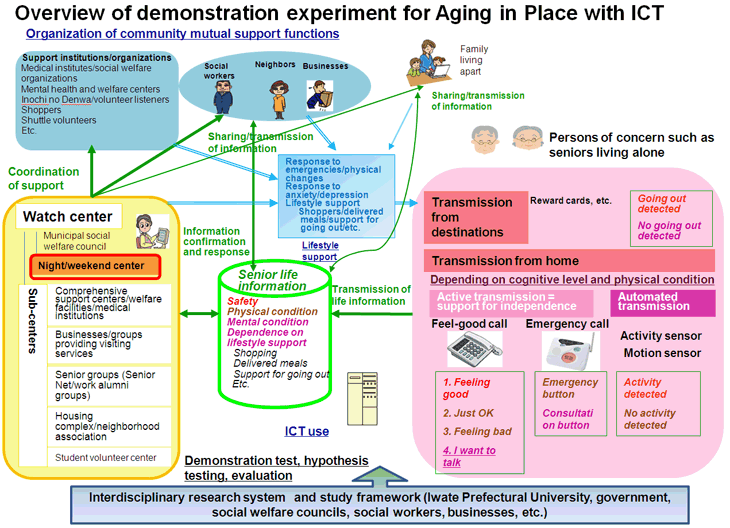
Stakeholders
![]() Iwate Prefecture
Iwate Prefecture
![]() Iwate Prefectural Council of Social Welfare
Iwate Prefectural Council of Social Welfare
![]() Aomori Prefectural Council of Social Welfare
Aomori Prefectural Council of Social Welfare
City of Morioka, Iwate Prefecture
![]() City of Morioka Council of Social Welfare
City of Morioka Council of Social Welfare
![]() 盛岡市まちづくり研究所
盛岡市まちづくり研究所
![]() Takizawa Village, Iwate Prefecture
Takizawa Village, Iwate Prefecture
![]() Takizawa Village, Council of Social Welfare
Takizawa Village, Council of Social Welfare
![]() City of Miyako Council of Social Welfare (Kawai branch)
City of Miyako Council of Social Welfare (Kawai branch)
![]() 社会福祉法人 育心会
社会福祉法人 育心会
![]() Yamato Transport Co., Ltd.
Yamato Transport Co., Ltd.
![]() R4HS Inc.
R4HS Inc.
![]() SOKIE Corp.
SOKIE Corp.
![]() Volunteer Center, Iwate Prefectural University
Volunteer Center, Iwate Prefectural University
![]() 岩手県精神保健福祉センター
岩手県精神保健福祉センター
![]() J. F. Oberlin University Graduate School of Gerontology
J. F. Oberlin University Graduate School of Gerontology
Community spotlight: Morioka City (Sakuragi and Matsuzono districts), Takizawa Village, and Miyako City (Kawai district) in Iwate Prefecture
Projects will be carried out in four fields in Iwate Prefecture.
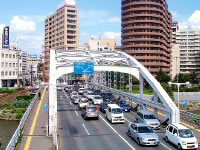
① Sakuragi district in Morioka City
Sakuragi is an urban district located in front of JR Morioka Station in the core city of Morioka. As of the end of March 2010, its population was 12,528, with 6,682 households. Elderly people account for 19.1 percent of the population. The Morioka Station-front area has hollowed out commercially with the departure of major stores for the suburbs. Recently an increasing number of high-rise condominiums have been added to the area's aging public housing and medium-rise condo buildings.
② Matsuzono district in Morioka City
Matsuzono is a "new town" that began developing in the 1970s as a suburb of Morioka City.
As of the end of March 2010, its population was 17,431, with 6,844 households. Elderly people account for 20.6 percent of the population. It is located in a green hilly area, but because it is zoned as a residential area, commercial facilities are restricted in location and few in number. In addition, it is cold in winter (3–5 degrees colder than the city center) and snows often. Buses to the city center are inconvenient and expensive. This has contributed to an increase in the number of younger people moving away, causing a rapid climb in the percentage of senior citizens.
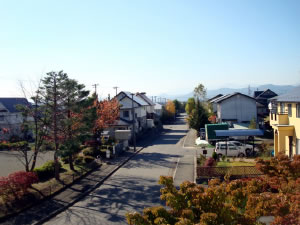
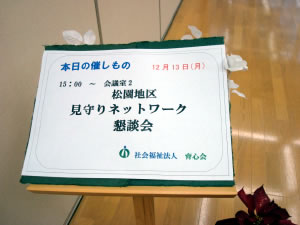
③ Takizawa Village
Although Takizawa Village is a rural village situated in the foothills of Mt. Iwate, it is also located within the suburban sprawl of Morioka City. As of the end of May 2010, its population was 53,574 with elderly people accounting for 16.6 percent. That is the lowest percentage of any municipality in Iwate Prefecture.
With three colleges and universities, including Iwate Prefectural University, and three train stations located within the village, it has many urban functions. However, it has no concentrated urban district, and its households and businesses are scattered, with no "main street" in the village. This is why it has never been designated a "town" or "city" rather than a village.
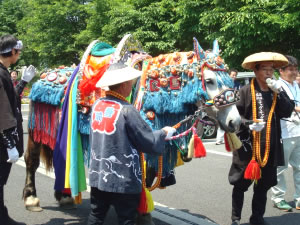
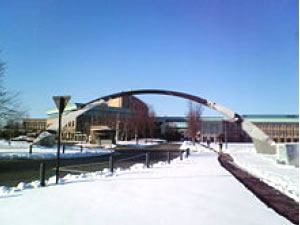
④ Kawai district in Miyako City
Kawai Village was a mountain village in the Kitakami Mountains. It was annexed by Miyako City on January 1, 2010. Depopulation and aging are remarkably advanced. On the day before its annexation, it had a population of 3,172, of whom 43.1 percent were elderly. That was the highest percentage of senior citizens of any municipality in the prefecture. Because that small population lives in an area as large as Tokyo's 23 wards, getting to stores or doctor appointments is a major lifestyle issue for seniors who are no longer able to drive.
